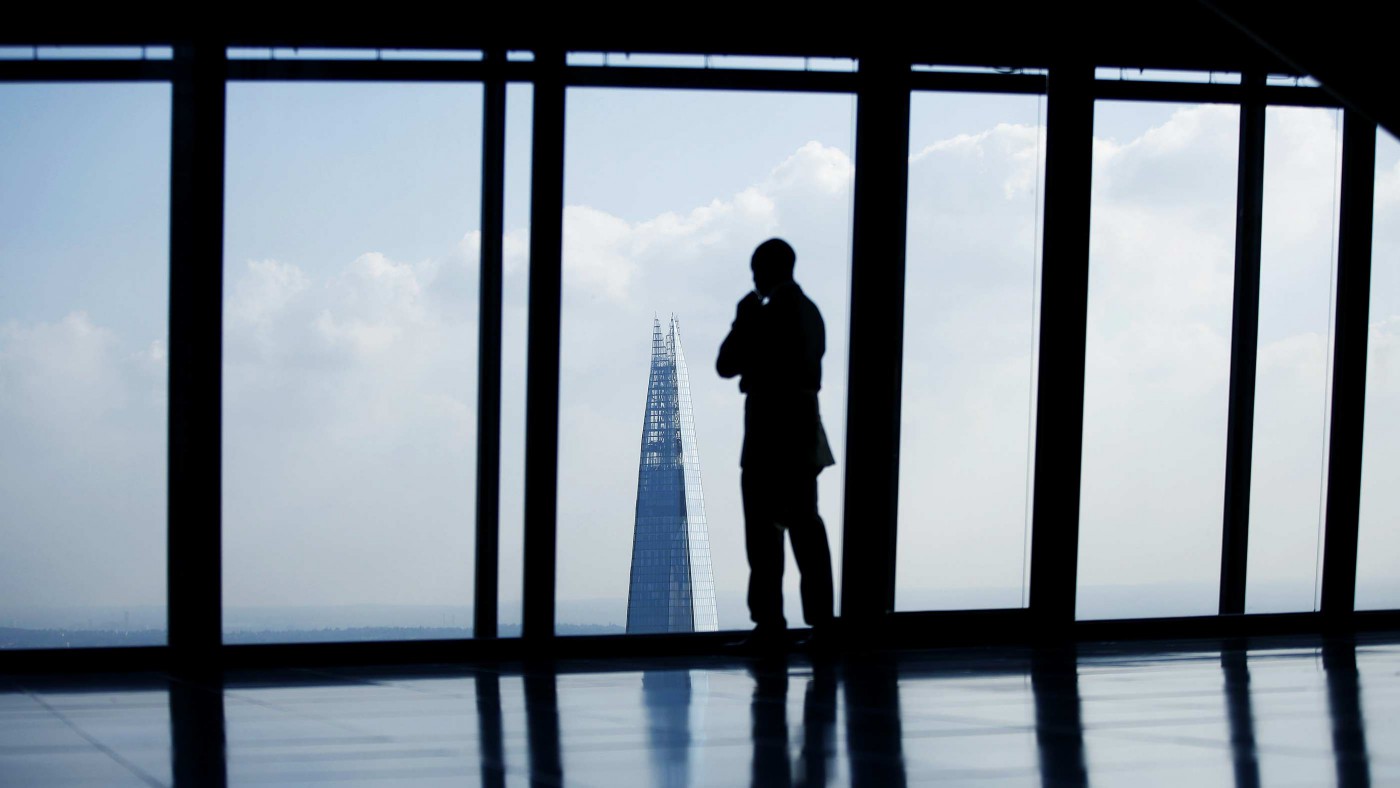Another day, another survey showing just how low trust in business has fallen.
This has been a consistent theme for commentators and policy wonks since the crash of 2008. For some people, it was an important area even before the Great Recession. The problem, however, is that businesses (and pro-business advocates) have accepted this as an inevitable consequence of recession and have kept their heads down in the expectation that this lack of faith in markets and commerce is transitory; just a reaction to tough times, as if the pendulum will swing back once growth returns and the recovery kicks in.
But what if it’s more complicated than that? What if, far from being a natural and temporary reaction to economic contraction, anti-business, anti-wealth sentiment is made of stronger stuff? What if it’s here to stay, regardless of how well the economy does?
In one of the most comprehensive studies of trust and reputation, PR firm Edelman revealed this morning that here in the UK – a country benefiting from an economic recovery that has caught the attention of President Obama and the IMF’s Lagarde – trust in business has fallen back to a level not seen since the immediate aftermath of the crash. According to Edelman’s global research, the following countries are far more trusting of business than the UK: Italy, America, South Africa, the Netherlands, China, Mexico, India, Brazil and many others. Indeed, trust in business globally stands at 57 per cent. In the UK, the figure is 52 per cent (down from 56 per cent last year). We should clutch at straws and be thankful it still (just about) tops 50 per cent of the population.
Some of this can be put down to high-profile corporate scandals and some of it can be put down to the all-too-familiar parade of financial scams such as the rigging of Libor or the foreign exchange market. Herein lies the problem and it’s a problem that leads directly to two, much more worrying issues.
First, those who haven’t been rigging the markets or cooking their books assume (perhaps not unreasonably) that the fight to defend capitalism should fall at the feet of those who have done so much to undermine it. In reality, it falls to all of us.
Complacency leads to the second serious problem, which is the assumption that because distrust in business is assumed to be temporary, it is therefore not worth reacting to. As Edelman’s Chairman said when presenting their findings, “The CEO has become invisible. They’ve gone in to hiding.”
“Trust in business” has been a theme of conferences, essays and speeches for years now, but it’s been a loose theme. It has, until now, been largely academic. This latest research shines a light on specific concerns among the public (both in the UK and internationally) which can and must direct the efforts of those of us who believe in the moral case for markets, competition and innovation.
Too many people doubt the motivations of business. Too many people think self-interst is the great motivator and too many of them think that’s a bad thing in and of itself. Too many fear the pace of innovation, and too many believe that government regulations must tame the instincts of capitalism. Look at the data, and consider how we must respond. Uber, who I’ve written about before, have woken up late to this new reality but at least they’ve woken up. A “get out of my way” approach to capitalism with blind faith in progress and disruption will not win the day for us. The Edelman Trust barometer makes it crystal clear: if you don’t take the public with you, the journey will be short lived.


